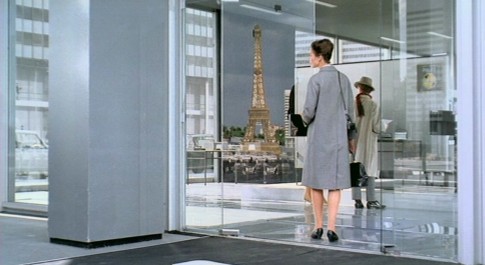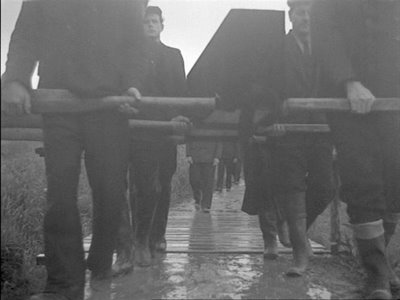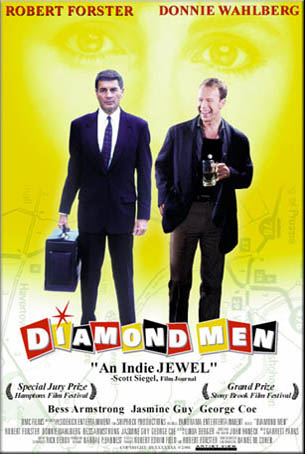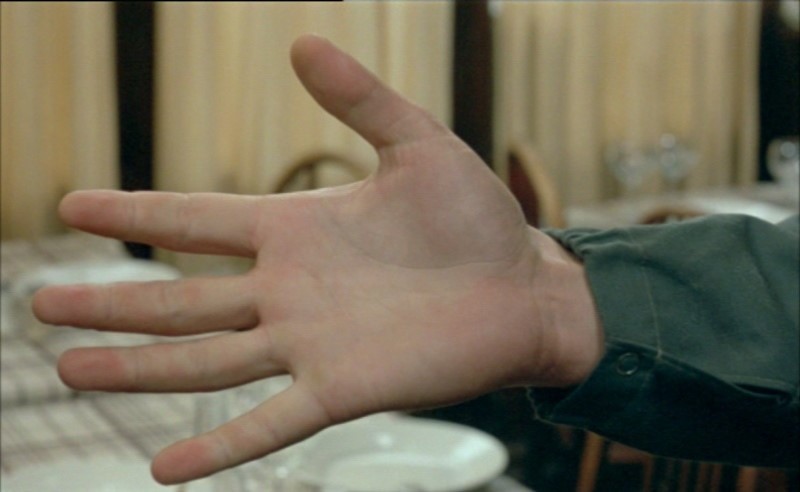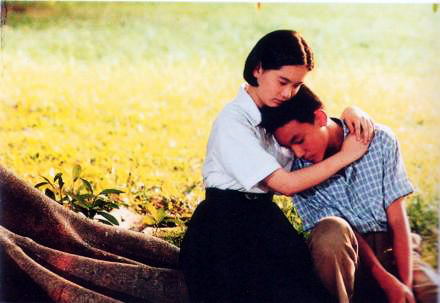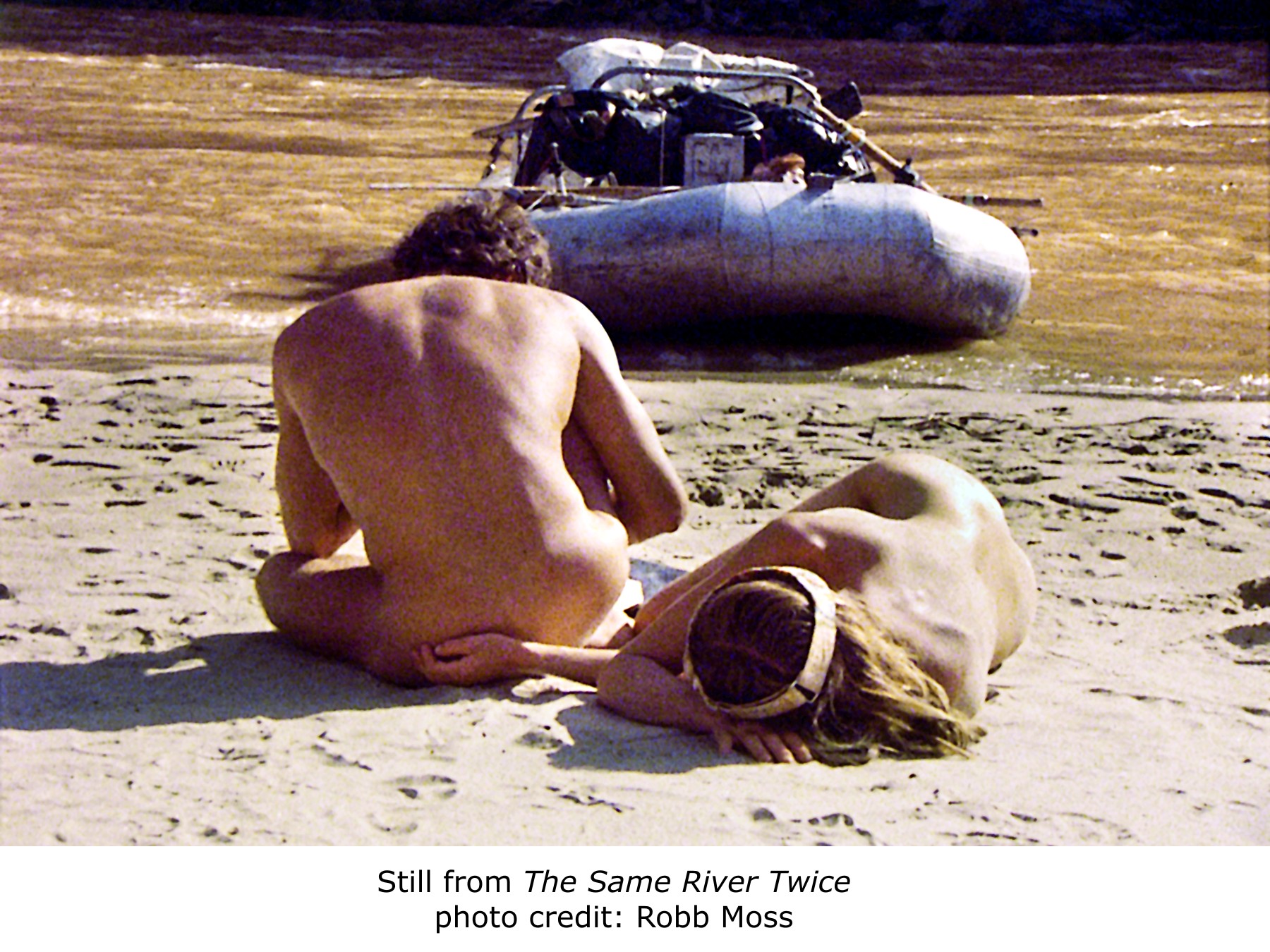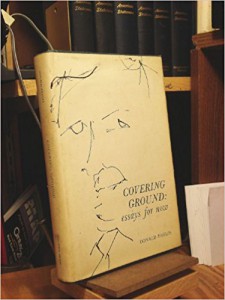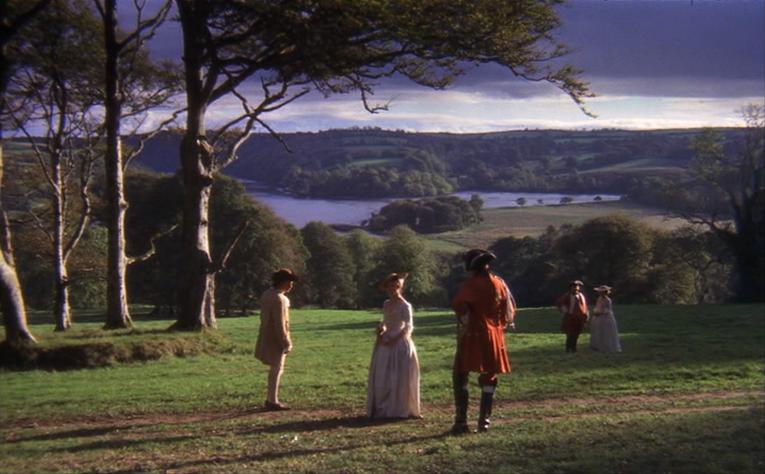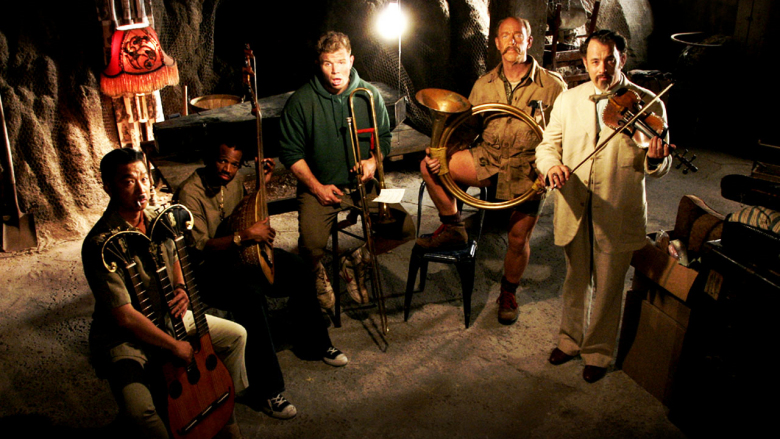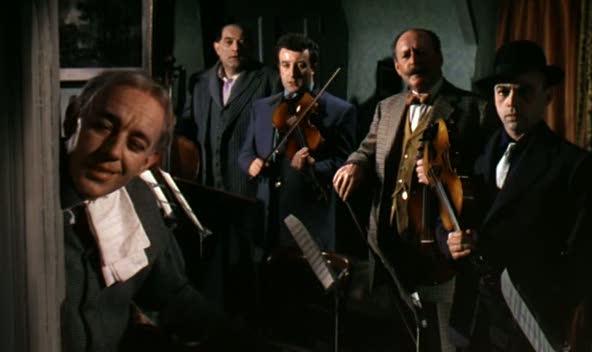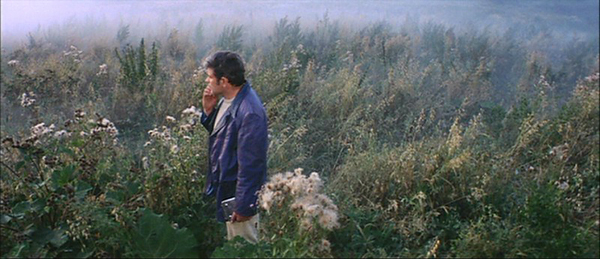I can very happily report that since I first published this article, in the February 6, 2004 Chicago Reader, a few Barnet films have become available on DVD, including the two I wrote about, and a few more are reportedly on the way from Ruscico, a Russian label that has been issuing subtitled DVDs that I wrote about here. Earlier, Image Entertainment brought out Outskirts and The Girl with the Hatbox on a single DVD, and in France, www.bachfilms.com released both By the Bluest of Seas (under its French title, Au bord de la mer bleue), which Ruscico has subsequently released as well, and the 1943 A Good Lad/Men of Novgorod (again, under its French title, Un brave garçon). More recently, I showed clips from Okraina as well as other early Russian talkies (Deserter and Enthusiasm) in a course, “The First Transition: World Cinema in the 30s”, Kevin Lee has made a wonderful video about By the Bluest of Seas with a rapturous critical commentary written by Nicole Brenez, and in the summer of 2011, Il Cinema Ritrovato in Bologna presented a comprehensive Barnet retrospective, most of which I was able to attend.
Recently reseeing By the Bluest of Seas at the Arsenal in Berlin, as part of a program devoted to Frieda Grafe’s favorite films, I was more blown away than ever, and it struck me that the film could be viewed in some ways as an erotic view of collectivism and socialism, with the sea serving as a perfect emotional metaphor — and a perfect sort of reply to what Luc Moullet maintained in his review of Jet Pilot, which implied that eroticism, as in that film and The Fountainhead, was always tied in some fashion to right-wing thinking. Read more

